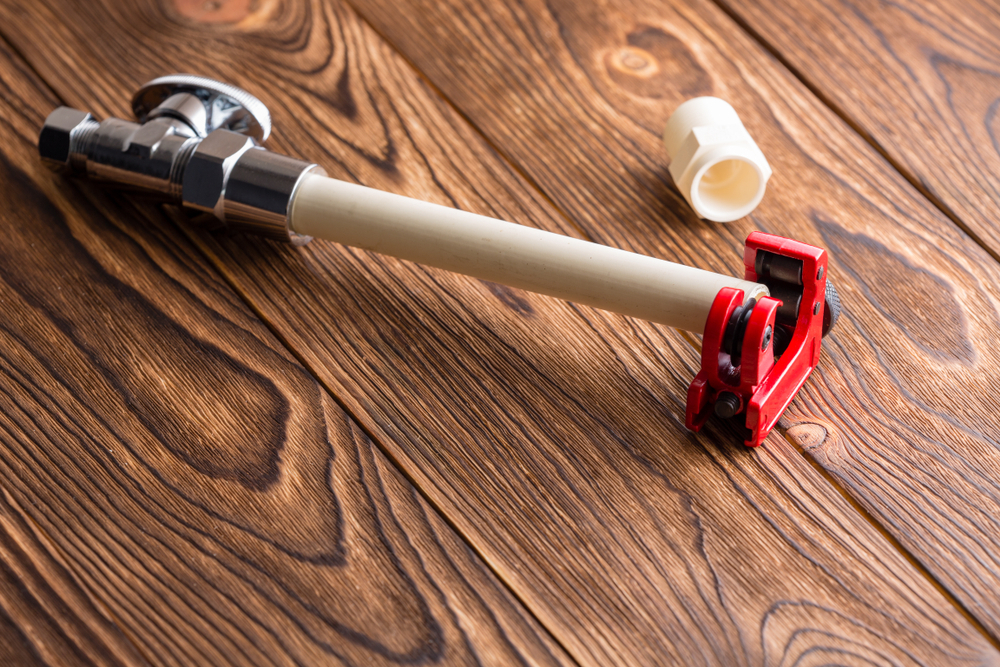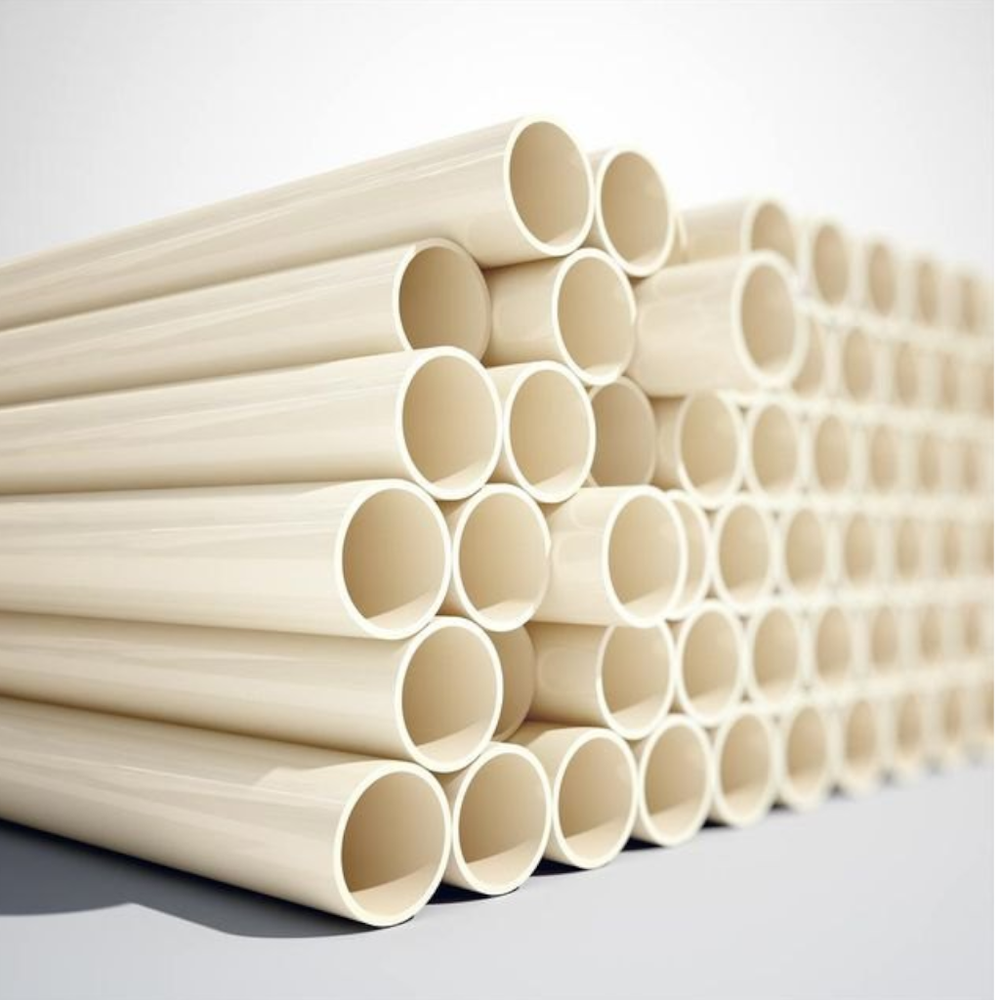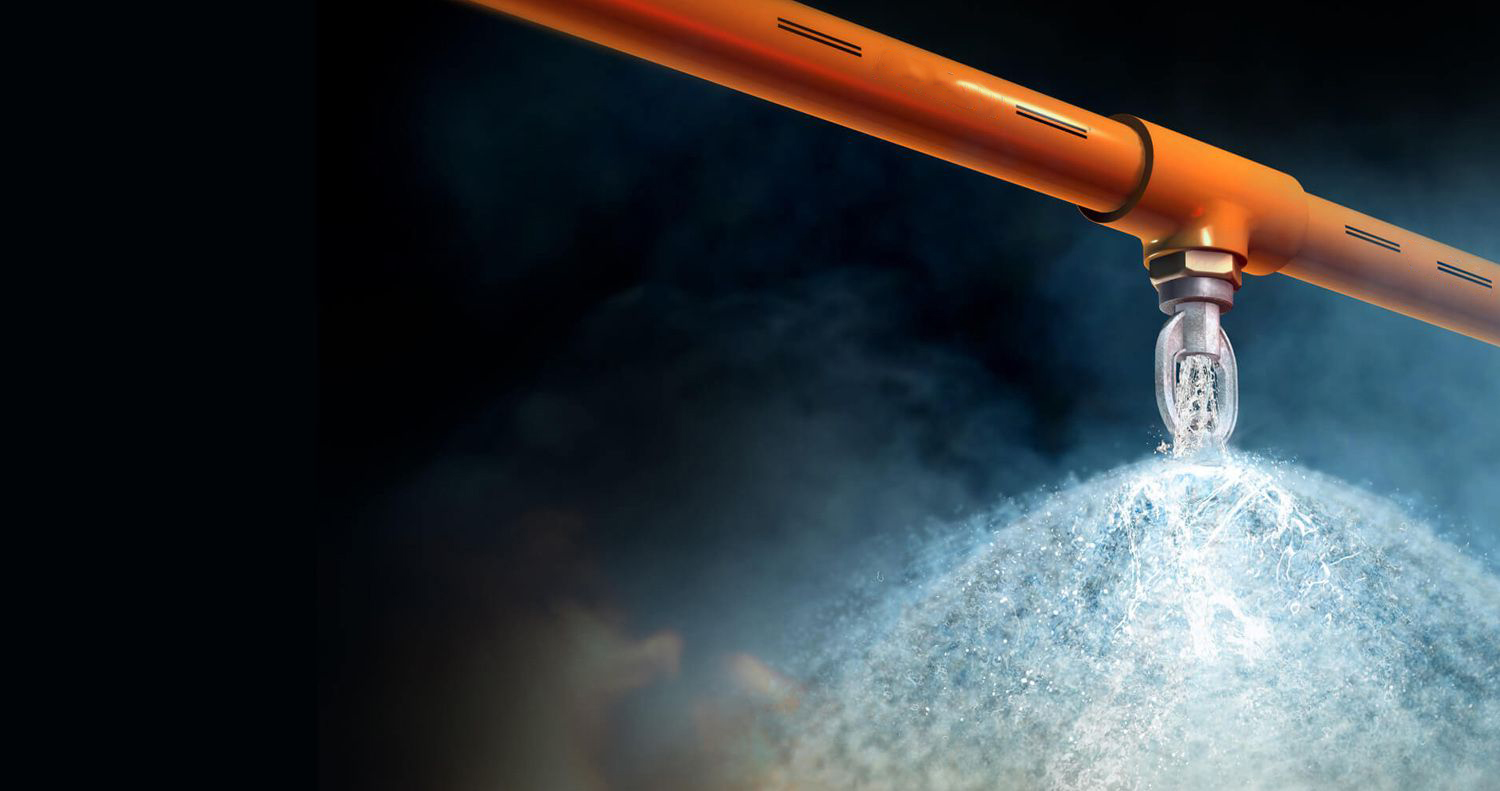2024 / 10 / 25
Why is CPVC pipe the ideal choice for cold and hot water applications?
In today's pursuit of a high-quality lifestyle, green and environmental protection have become crucial considerations. Water, being the source of life, makes the selection of transportation pipes particularly critical. CPVC pipes, with their outstanding performance, have become the ideal choice for cold and hot water applications in an increasing number of regions.
Hardness
CPVC is an upgrade of PVC through chlorination, which significantly enhances the irregularity of PVC resin molecular bonds and the polarity of molecules. One notable performance improvement is the increased hardness of CPVC, greatly enhancing the service life of the pipes and ensuring better performance in both cold and hot water environments.

Resistance to Acid, Alkali, and Corrosion
Compared to galvanized pipes/PPR pipes, CPVC pipes exhibit strong resistance to many special environments, whether it's to acid, alkali, or salt and other chemical substances. For water sources with poor quality or containing special chemical substances, the corrosion resistance of CPVC pipes is far superior to that of galvanized pipes, effectively avoiding corrosion caused by environmental changes, thus preventing leakage, rupture, and other issues.

Pressure Resistance
During the transportation of cold and hot water, CPVC pipes are not affected by water temperature or pressure. They maintain stable operation in high-rise water pressure and fire sprinkler systems, whether in the cold of winter or the heat of summer. CPVC pipes are easy to install, less prone to faults and damage during use, have a long service life, and low replacement frequency, significantly reducing maintenance costs.
CPVC pipes strictly control the raw materials, design, production, and other environments, showing excellent performance in hardness, acid-alkali resistance, corrosion resistance, and pressure resistance, making them increasingly used in regions for cold and hot water pipes.

You May Be Interested
RL - 1116S Polyester Wax: The Optimal Solution for SPC Ultra - thick Board (6mm) Internal Lubrication Challenges
2025 / 02 / 28
Comprehensive analysis of traditional PVC toughening agent: chlorinated polyethylene (CPE)
2025 / 01 / 26
Analysis of Plasticization Issues in PVC Pipes: Improving Production Quality and Efficiency
2025 / 01 / 26
Optimizing the production process of PVC conduit: improving surface smoothness and product competitiveness
2025 / 01 / 26
Why do PVC pipes have uneven inner and outer walls
2025 / 01 / 26


Whats App

For Inquiries Please Call
Rallychem Will Be Happy To Assist You!

+86 13456396233


info@rallychem.com

